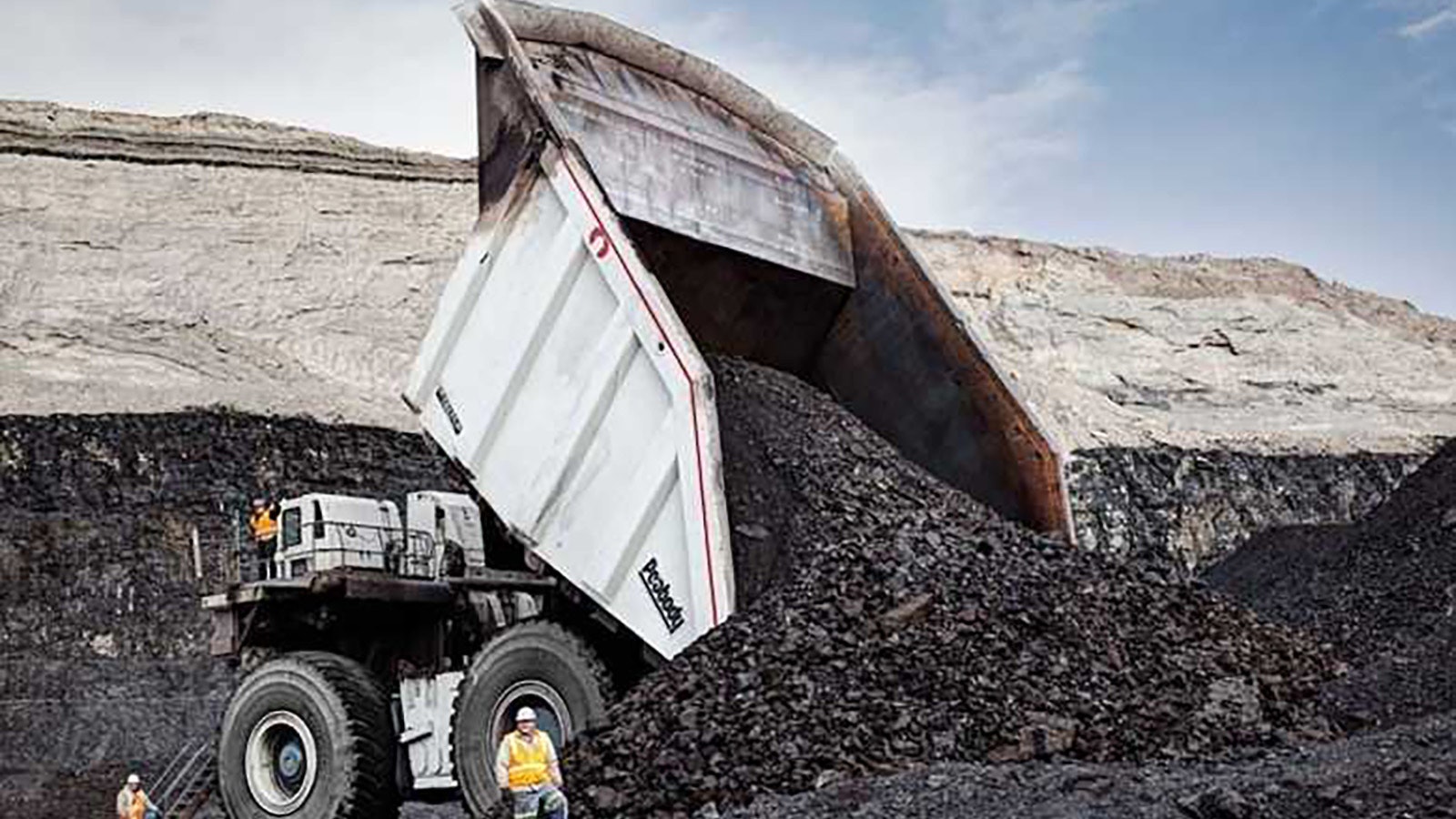Wyoming and 10 other states’ claims that giant investment companies conspired to drive coal production down and drive prices up — increasing people’s energy costs — are at least plausible enough to keep a lawsuit alive, a judge has ruled.
Wyoming filed suit in the U.S. District Court of Eastern Texas in late November against Blackrock Inc., State Street Corp. and Vanguard Group Inc.
Texas Attorney General Ken Paxton led the litigation. Alabama, Arkansas, Indiana, Iowa, Kansas, Missouri, Montana, Nebraska, West Virginia and Wyoming also signed the complaint.
The states allege the three massive investment companies acquired substantial stockholdings in every significant publicly held coal producer in the U.S., then agreed to use their holdings to influence those companies and artificially depress the output of coal.
“Defendants allegedly did so in the name of ‘environmental stewardship’ and ‘concern for the climate,’” recounted U.S. District Court Judge Jeremy D. Kernodle in an Aug. 1 order. “The result, Plaintiffs assert, is that ‘Defendants have reaped the rewards of higher returns, higher fees, and higher profits, while American consumers have paid the price in higher utility bills and higher costs.’”
The companies conversely argued that they are “mere passive investors” who fall under an exception of one federal law, and that the states failed to show that they conspired to restrain commerce under another federal law — and failed to show “any plausible harm to competition.”
Kernodle declined in his order to dismiss much of the case, including the states’ claims that Blackrock and the other companies violated federal laws against conspiring to limit competition.
Kernodle dismissed, however, some of the claims plaintiffs brought using state marketing laws.
The states’ allegations “are not vague and conclusory but include dozens of specific examples of Defendants’ conduct supporting their theory.”
Wyoming Coal
One of the two main coal markets the investors allegedly repressed starts its life cycle in Wyoming.
In the South Powder River Basin of northeast Wyoming, the coal beds are thick and close to the surface. The region's low-sulfur coal is environmentally friendlier than many other kinds and tends to be less expensive because of how accessible it is, the complaint notes.
Some companies will build coal-burning plants specifically for South Powder River Basin (SPRB) coal, the document adds.
Because the plants are so costly and energy producers are required to furnish consumers with consistent power, the market is ripe for a “hypothetical monopolist,” says the complaint.
A company isn’t likely to start over from scratch and build a new plant when the cost of SPRB coal soars. It will just endure and keep buying coal, the document says.
The document says that renewable energy sources like solar and wind can’t furnish the constant power supply that power companies are obligated to provide, and coal-fired plants are more efficient when they run continuously, and may be required to keep a stable burn to reduce nitrogen dioxide.
The Claims
Wyoming and the other states’ complaint says that in 2021, Blackrock, State Street and Vanguard publicly announced their respective commitment to use their shares to pressure all portfolio companies in which they held assets to align with what Gov. Mark Gordon last year called “a climate activist agenda.”
Those goals included reducing carbon emissions from coal by over 50%.
The states have asked the court to declare that the companies violated an anti-monopoly federal law, to award damages to the states and to stop the investors from using their stock, proxy voting or other means to restrain coal output, among other penalties.
Together They Own …
The three companies combined own 30.43% of Peabody Energy and 34.19% of Arch Resources (which merged earlier this year with CONSOL Energy), which are the largest publicly traded domestic coal producers in the United States, the lawsuit says.
They also own between 8.3% and 32.87% of other major coal companies, like Black Hills Corp.
In 1914, Congress enacted a law against acquiring stock where the effect is to substantially lessen competition.
The lawsuit accuses the three investors of doing just that, by acquiring large shares throughout the coal industry, as well as interconnected sectors like banking and other energy fields.
The complaint says that after the investors pledged in 2021 to cut carbon emissions with their business actions, they would vote against coal company leaders who didn’t show they were shrinking coal output.
The result has been a chokehold on industry supply, the complaint says.
Falling
From 2019 through 2022, Peabody Energy’s production fell by 34.7 million tons, or 25.5%, says the complaint. Its revenues rose by $358.5 million during the same period, and its profits soared by $1.593 billion, or 853.9%.
Arch Resources’ production fell by 9.4 million tons over that timeframe, or 11.7%, while its revenues rose by $1.448 billion and its profits skyrocketed by $1.097 billion, or 469.2%, says the complaint.
The story continues with other energy companies, such as:
• NACCO Natural Resources’ production fell by 6.1 million tons, while its profits increased by $4.189 million, or 12%.
• CONSOL Energy’s production fell by 3.2 million tons, or 11.8%, while its revenues rose by $685.3 million and its profits increased by $423.1 million, or 214.7%.
• Alpha Metallurgical resources’ production fell by 6.4 million tons while its revenues rose by $1.843 billion and its profits increased by $1.224 billion, or 342.7%.
• Hallador Energy’s production fell by 1.7 million tons while its profits increased by $112.6 million, or 237%.
• Warrior Met Coal’s production fell by 2 million tons while its profits increased by $418 million, or 109%.
“Publicly held domestic coal producers were not responding to the laws of supply and demand,” says the complaint. “They were instead answering to defendants, who … possessed the power and the will to reduce the companies’ production of coal and made public commitments to vote management out of office if they failed to reduce coal production.”
Clair McFarland can be reached at clair@cowboystatedaily.com.





